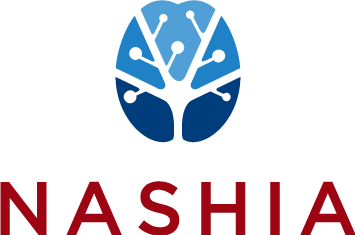Brain injury can cause temporary or long-term cognitive, emotional, and physical challenges that impacts a person’s ability to think, learn, remember, move, act, and feel. Each brain injury is as unique as the person who sustains the injury that may interfere with their ability to find and maintain work. Brain injury is also a “hidden disability;” challenges go unseen, discounted, or forgotten, which also impacts job performance. Individuals with brain injury can be successful at starting or returning to work with the right support, preparation, and alignment of abilities and skills to employment opportunities.
Assistive technology (AT) plays a critical role in employment success. Low and high-tech options and resources are abundant, but it is important to have an AT navigator at the helm to guide best practice and application for these supports. In this webinar, learn how AT programs assess specific sensory, physical, social, emotional, and cognitive challenges. The process for analyzing, determining, and providing support to individuals, employment staff and businesses will be shared. In addition, case examples in which AT was successfully applied, resources and program information will be highlighted.
Presenters:
Maria Crowley, NASHIA
Ashley McLeroy, Alabama Department of Rehabilitation Services
David Baker, Missouri Assistive Technology
James A. Whitney, Maryland Assistive Technology Program

